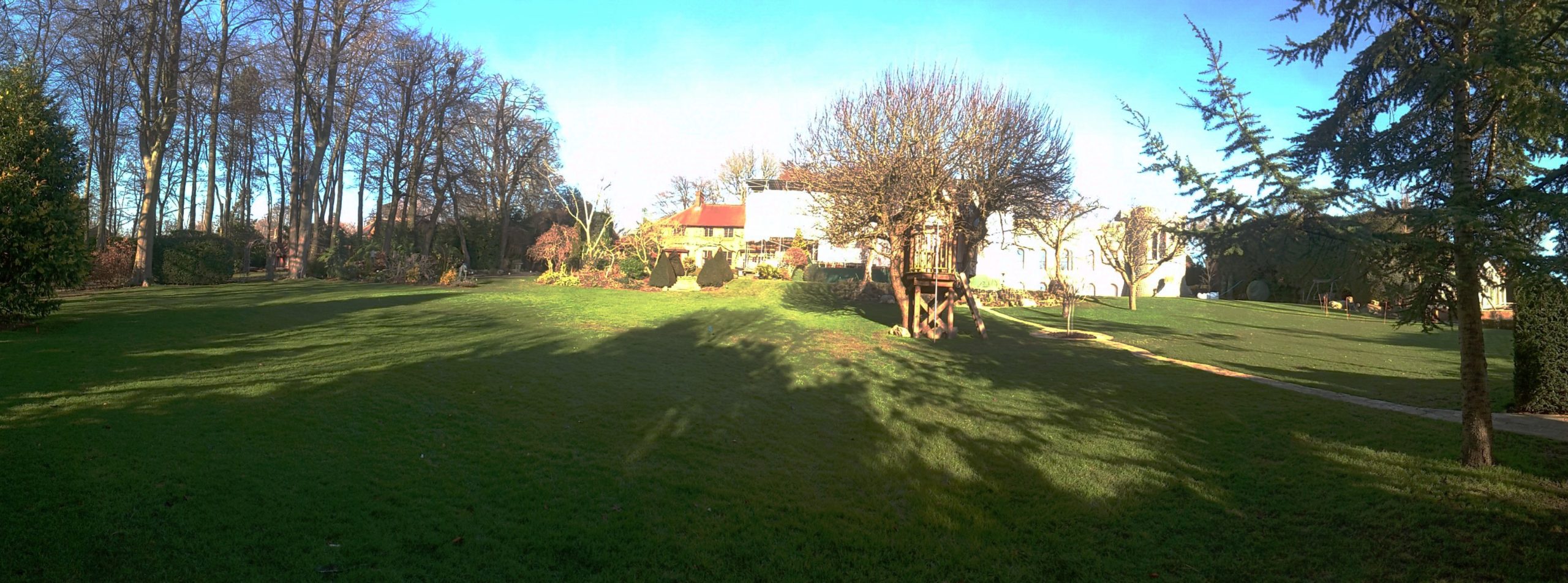
04 Feb Help the environment – no to fake grass!
Help the environment – no to fake grass!
We all lead lives that are increasingly busy. Of course we want to look for easy solutions in all areas, particularly those that might seem a pointless chore. We understand that you want a garden that’s as low-maintenance as possible. Bearing that in mind, an artificial lawn could seem a good idea, couldn’t it? No mowing, no patchy areas where the garden is shady, no mud when the children or dog plays on it – surely this is a great invention? It may seem that way, but it really isn’t! There is increasing concern about the increasing trend for fake grass for several reasons. You can read a great article about the problems here: Guardian article
What are the issues?
Firstly, there is the problem that although it looks green, for wildlife it’s the exact equivalent of concreting over your garden. Not only does the plastic ‘grass’ provide no food or habitat in itself, it also creates an impenetrable layer that stops soil-dwelling animals (like earthworms) reaching the surface, and stops burrowing animals (like solitary bees) from getting into the ground. If we are to halt the ever-quickening decline of our invertebrate species, we must try to create more habitat for them, not remove what little they have.
Next is the fact that chemicals in the product may not be healthy for us humans. The EU has investigated some of the artificial turf used in sports pitches for suspected carcinogens. The formation of ‘residential’ fake grass is not quite the same, but there may still be problems we don’t know about yet. In any case, would you rather have your children rolling around on a sheet of slowly degrading plastic, or on the living, breathing organism that is a real lawn?
We haven’t even touched on the environmental impact of the production and disposal of the ‘grass’. Every day in the news we hear more about how we need to cut the use of plastic. Producing the plastic creates carbon and uses fossil fuels. The artificial grass industry would argue that the product is not ‘single use’ but it doesn’t last for ever (approximately 10 years) and then has to go to landfill.
No benefits
Where are the benefits? Even the idea that it is maintenance-free should be challenged. Litter still needs clearing from it, and moss grows on it just like it does on paving. It has been suggested that many people are just substituting vacuuming for mowing. And honestly, what pleasure is there in sitting in the garden gazing out over a sheet of plastic that has none of the life a garden is meant to have? The same goes for the artificial green walls that are now being produced to cater to the popularity of living walls. In contrast, a ‘living’ wall is just that: a vertical garden offering a wildlife habitat, with different textures, colours and fragrances to delight the senses of insects and humans alike.
We can help make your real lawn easier to maintain
So why not look instead at ways to make your real lawn lower-maintenance? Create beds in shady areas where grass won’t grow properly, and plant them with shade-tolerant shrubs. Keep the grass you have as healthy as possible. Ask Rosewood to design an irrigation system with a zone that includes pop-up sprinklers to water your lawn without any of the hassle. We can create other zones for your shade-tolerant shrubs and all your other planting while we’re at it! We’re only a phone call away – you can ring us now on 01727 811448. You can find many ways to make your garden a pleasure, not a chore, and at the same time do your bit to fight climate change and the destruction of our environment.

